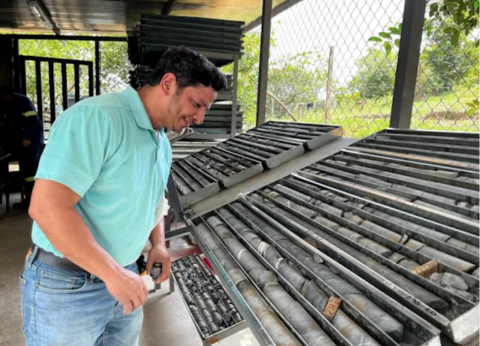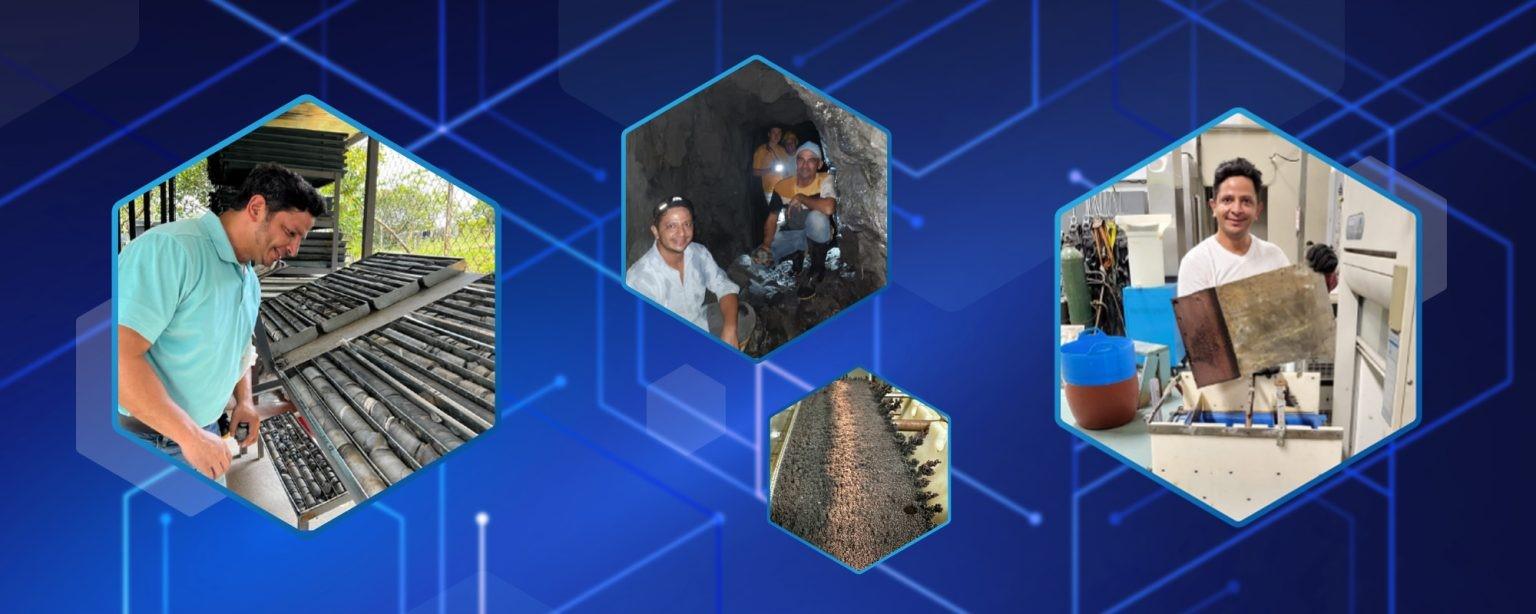
For Juan Carlos Villatoro, what began as a simple internet search for information that could help him extract high-value minerals from used cellphones and laptops might now seem like a big twist of fate. The clean energy entrepreneur from Jacksonville, Florida, most likely didn’t expect a connection to Idaho National Laboratory that would eventually result in his business, Alquimista, receiving help through the lab’s Technical Assistance Program (TAP).
TAP offers up to 40 hours of free lab-based expertise to small businesses whose work dovetails with the lab’s mission. It’s available only when comparable expertise cannot be found in the private sector. Under TAP agreements, INL has helped a wide range of companies, from one that needed battery testing for its portable solar power units to another with a device capable of restoring broken underground power lines six times faster than standard methods.
Villatoro wanted to recover rare earth elements from electronic waste. Searching on the web for answers, he found INL and David Reed, a senior staff scientist, who had information on a bioleaching process. “We spent considerable time working with him,” Reed said. But when Villatoro’s focus shifted to recovering metals from lithium-ion batteries, “We felt that our bioleaching process was not sufficiently developed at that time to help him and referred him to Tedd Lister and Luis Aldana.”
INL researchers Lister and Aldana were co-inventors of EC-Leach, an electrochemical carbon-free process for recovering materials from end-of-life lithium-ion batteries. With encouragement from the U.S. Department of Energy’s Critical Materials Institute, Villatoro and Aldana landed a slot in DOE’s Energy I-Corps program, a business “boot camp” that helps researchers find partners for their inventions or services.
After Energy I-Corps, Villatoro wondered whether EC-Leach might be used to extract platinum group metals from tailings he was buying from mining operations in South America, mainly Colombia. These metals – platinum, palladium, rhodium, osmium, iridium and ruthenium – are critical to advanced manufacturing. This is when TAP came in.
Link to the full story at INL: Florida company TAPs into answers

